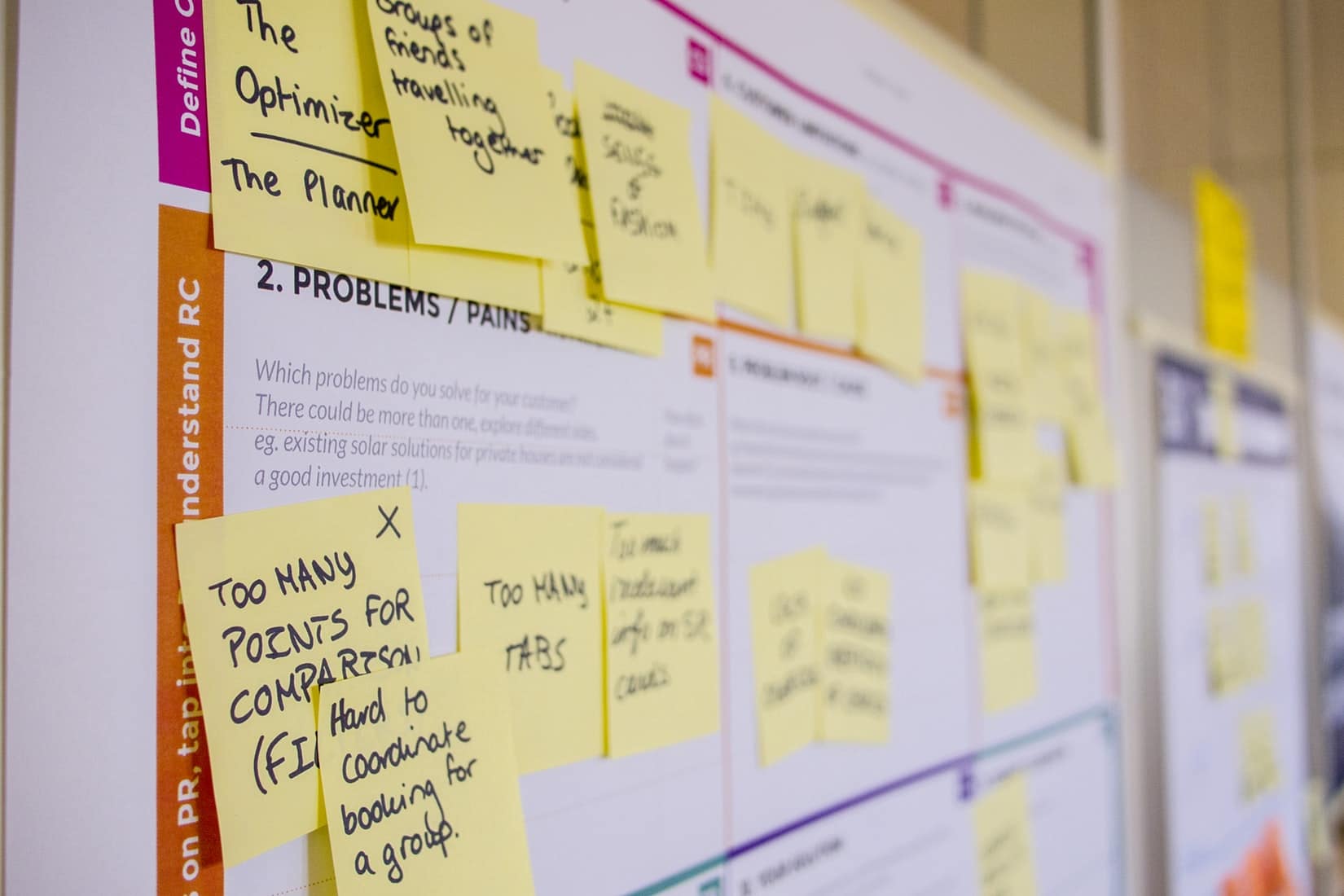
Disruptive innovation is a theory first introduced to the business world by Clayton M. Christensen in his book Innovator’s Dilemma, more than 20 years ago. It has since made a massive impact on the business world, but how would this theory fare if it is applied to the education sector?
“The theory goes that a smaller company with fewer resources can unseat an established, successful business by targeting segments of the market that have been neglected by the incumbent, typically because it is focusing on more profitable areas.
As the larger business concentrates on improving products and services for its most demanding customers, the small company is gaining a foothold at the bottom end of the market, or tapping a new market the incumbent had failed to notice.”
– World Economic Forum
To sum that up, innovators are entering the markets cheaper (and lower in quality, at first) than the established corporations. They build their success by targeting lower-end markets that have previously been excluded. What makes this realistic? The use of automation and technology.
Bringing this theory into the education sector would help to bridge learning gaps between students, between school, and between high versus low-income areas.
Private tutors, technological advancements, and access to excellent school facilities with quality learning materials have until now, only been available to children from higher income homes. State facilities, while readily available, have not been able to provide the same level of service. Disruption innovation brings a sense of equitability, meaning the gap between the private and public sectors, can be bridged.
Private tutoring offers well-documented benefits. It is largely thanks to the individualised attention, but we have also come to understand that one of the most prominent deciders of learning success is self-paced study. If we can isolate self-paced learning, we no longer require private tutoring to the same degree. Technology has the power to provide learners with systems to work through their curriculum at a pace that suits them. “If personalised learning is the goal, online learning is the technology that makes the goal possible, and disruptive innovation is the economic process that allows the technology to fulfil its promise”.
The beauty of the disruptive theory is that it can take place organically, without any structural changes. Many of the policy-makers that govern the way our systems work do not favour these kinds of advancements. Those seeking change often end up bumping heads with those in charge, and so change fails to come about. Disruptive innovation circumvents this need, infiltrating the system from the bottom and growing in popularity before becoming mainstream.
At Nvoke Future Learning, we provide support services and technological answers to the modern day challenges faced by schools. We understand that the innovation period is difficult and often overwhelming. With the proper support structures, you can watch learners and learning processes grow from strength to strength. Get in touch with us here